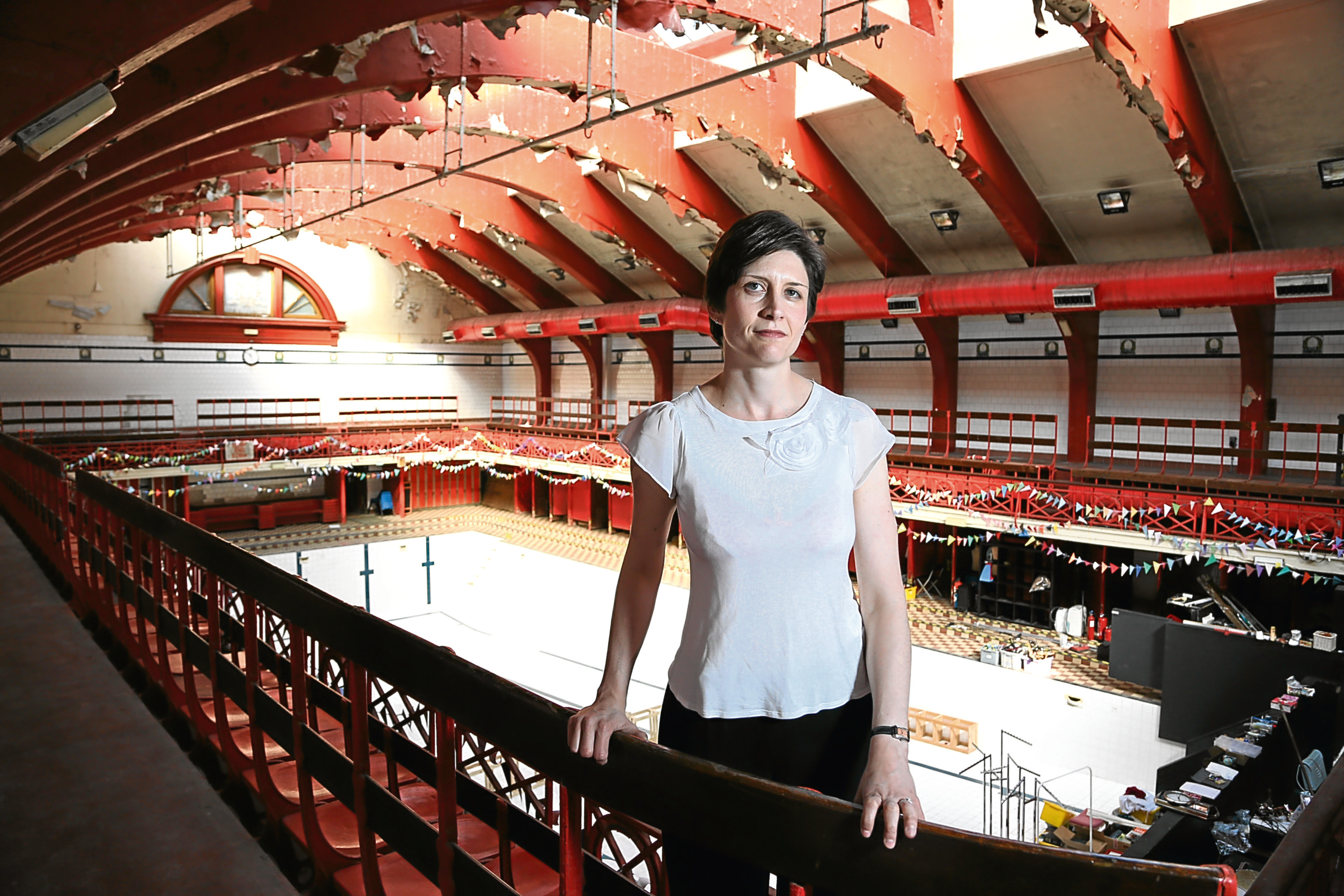
ALISON Thewliss is hardly a politician you could accuse of hyperbole.
She has most notably exposed the cruelty behind the Tories’ so-called rape clause, campaigned on breastfeeding and helped push the whole debate around the inhumanity of period poverty to the fore.
And the SNP MP has done so calmly and deftly, without resorting to hysteria and with the best interests of women and children at the heart of all she says and does. So when some papers splashed with headlines saying the Glasgow MP wanted to ban tickling, you would have been right to raise a sceptical eyebrow.
What in fact Thewliss had raised during an important parliamentary debate in Westminster on sexual harassment and bullying in schools was a practical and matter-of-fact way of introducing young children to the idea of consent.
Learning through play is an easy lesson to absorb so if a child asks you to stop tickling them, then stop.
What Thewliss had not bargained for was the onslaught of criticism from parents who don’t want politicians intruding on their personal lives and who take very real exception to being told how to raise their kids.
My dad loved to tickle us when we were little and we loved it too but, when you’re a kid, the line between tears of laughter and real tears can be fine at times.
He was a lovely dad and would have been aghast at the thought of causing us the slightest distress but, still, sometimes, that almost hysterical joy during a game of rough-and-tumble could quickly turn into a feeling of horrible helplessness.
So Thewliss was right to make the point that it is sometimes parents, even the best parents, who need to understand about boundaries and not just their children.
But good political intentions can often be corrupted by unintended consequences and Thewliss had unwittingly walked into the growing perception the SNP is becoming too controlling over people’s personal lives.
This year has been designated the Year of Young People by the Scottish Government and it would be hard to argue that the SNP has not raised the profile of children for the good, but it has also blindly followed some well-meaning, sometimes contradictory, and occasionally dangerously ill-thought-out approaches.
The Named Person policy, for example, should never have been allowed to develop into the mess it has become.
Who could argue against protecting children at all costs? But even the name was wrong, the legalities did not stand up to scrutiny and, more damagingly, it helped sow a seed that this was a meddling government.
That is doubly unfortunate because ministers will now reap what they have sown when it comes to a ban on smacking, on reducing the age around gender identification and on the ongoing battles over the Named Person proposals.
They will now need to tread far more carefully and with far more thought, if they want to secure the changes that should be a given in any modern, caring country.

Enjoy the convenience of having The Sunday Post delivered as a digital ePaper straight to your smartphone, tablet or computer.
Subscribe for only £5.49 a month and enjoy all the benefits of the printed paper as a digital replica.
Subscribe